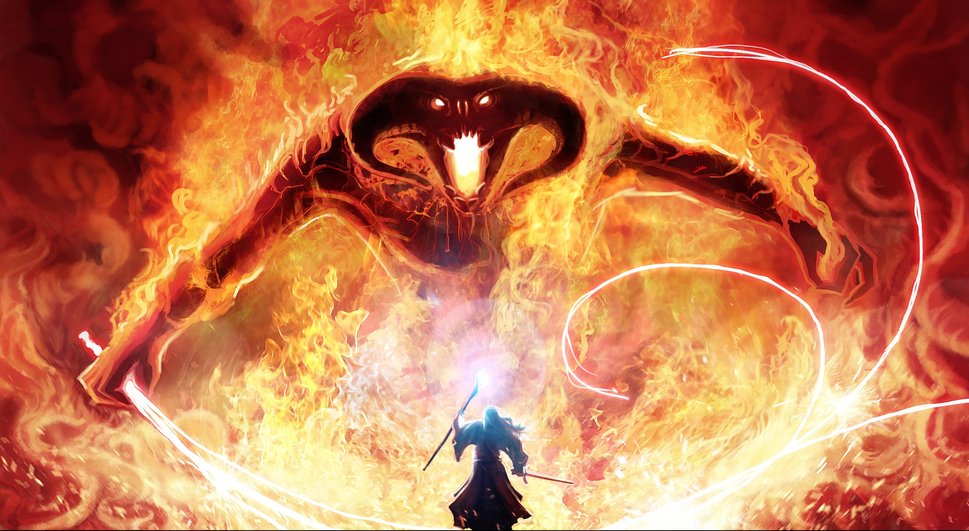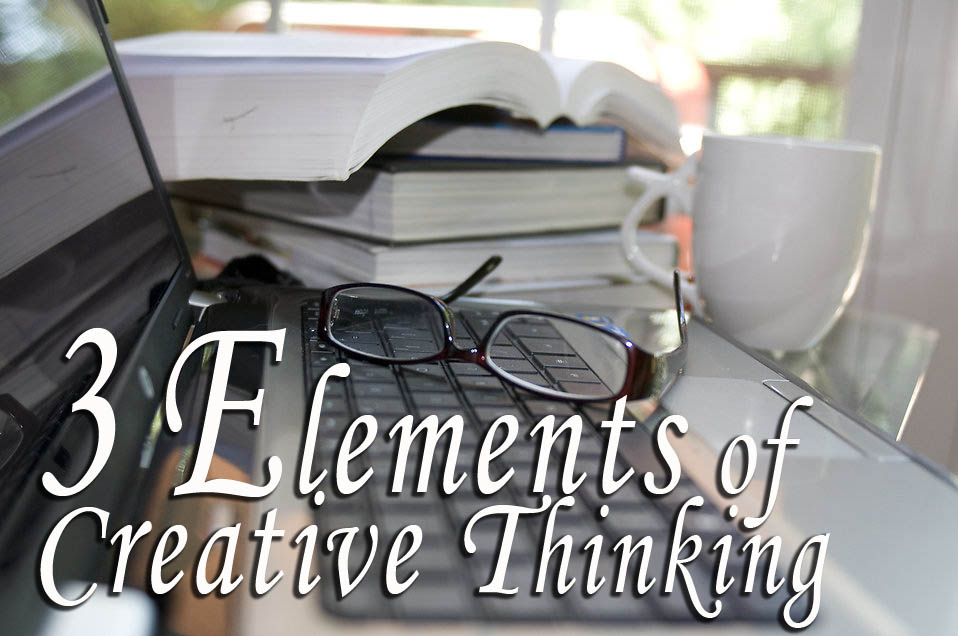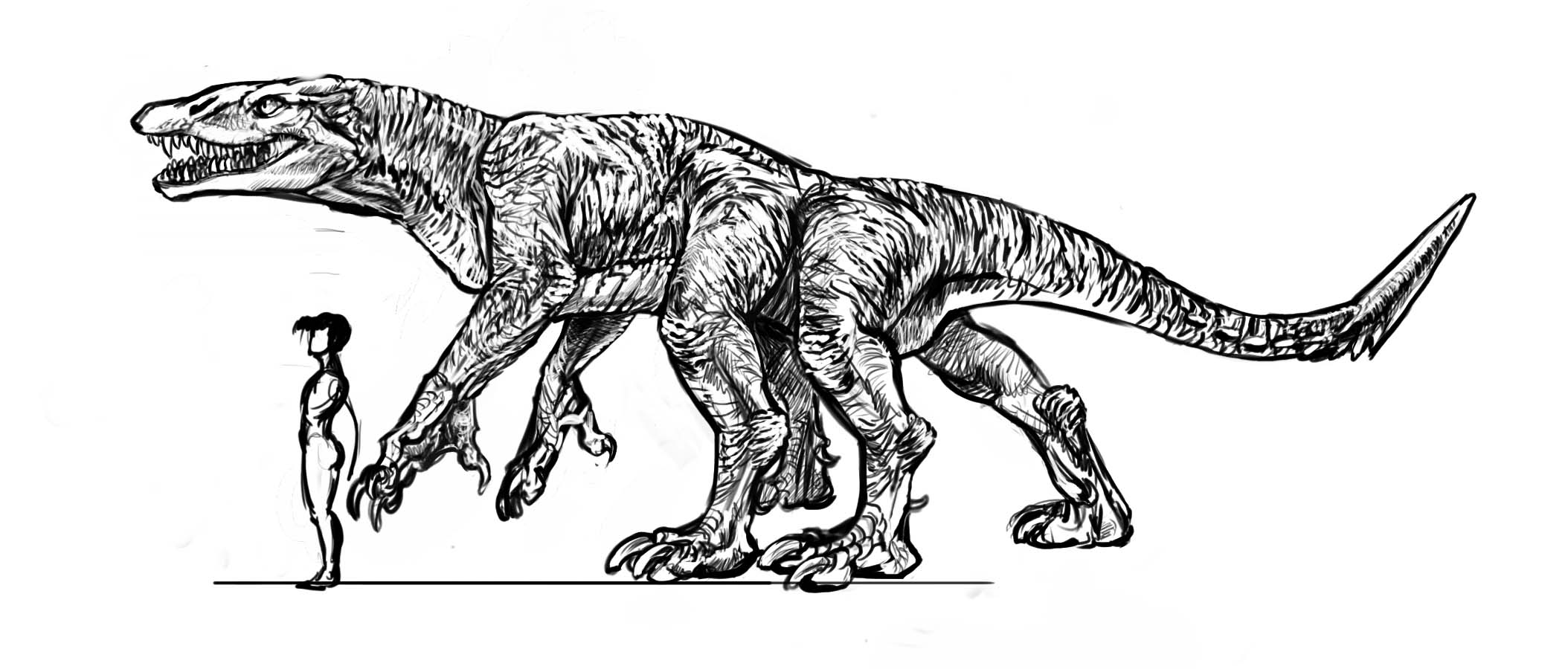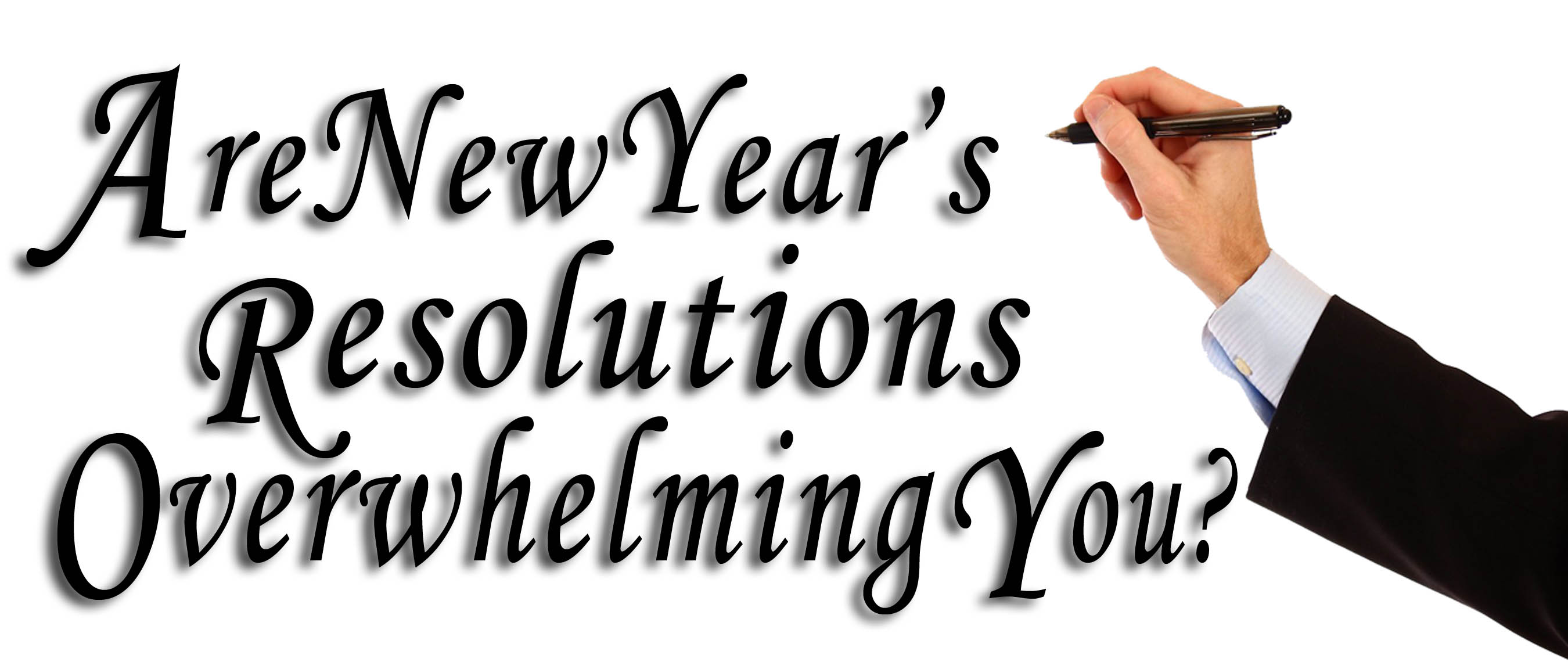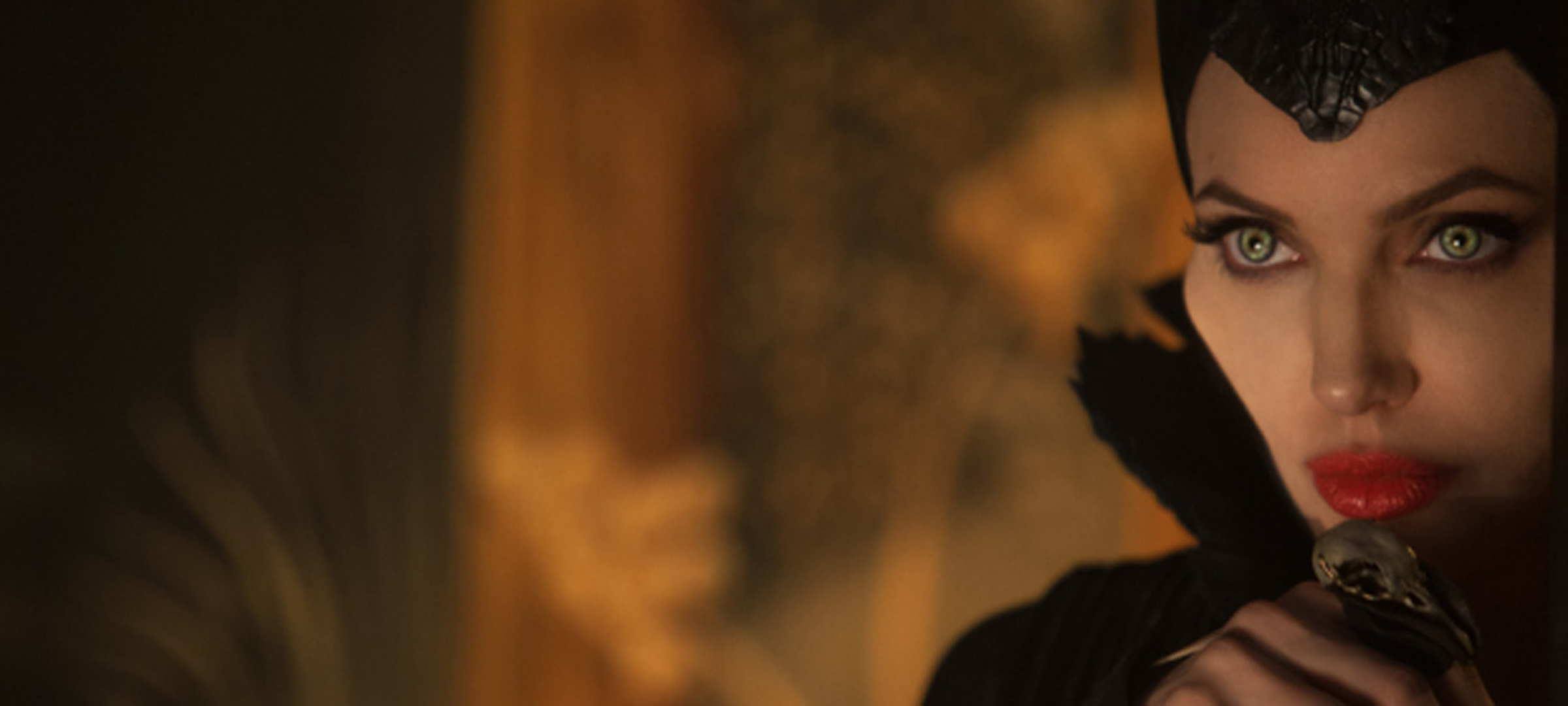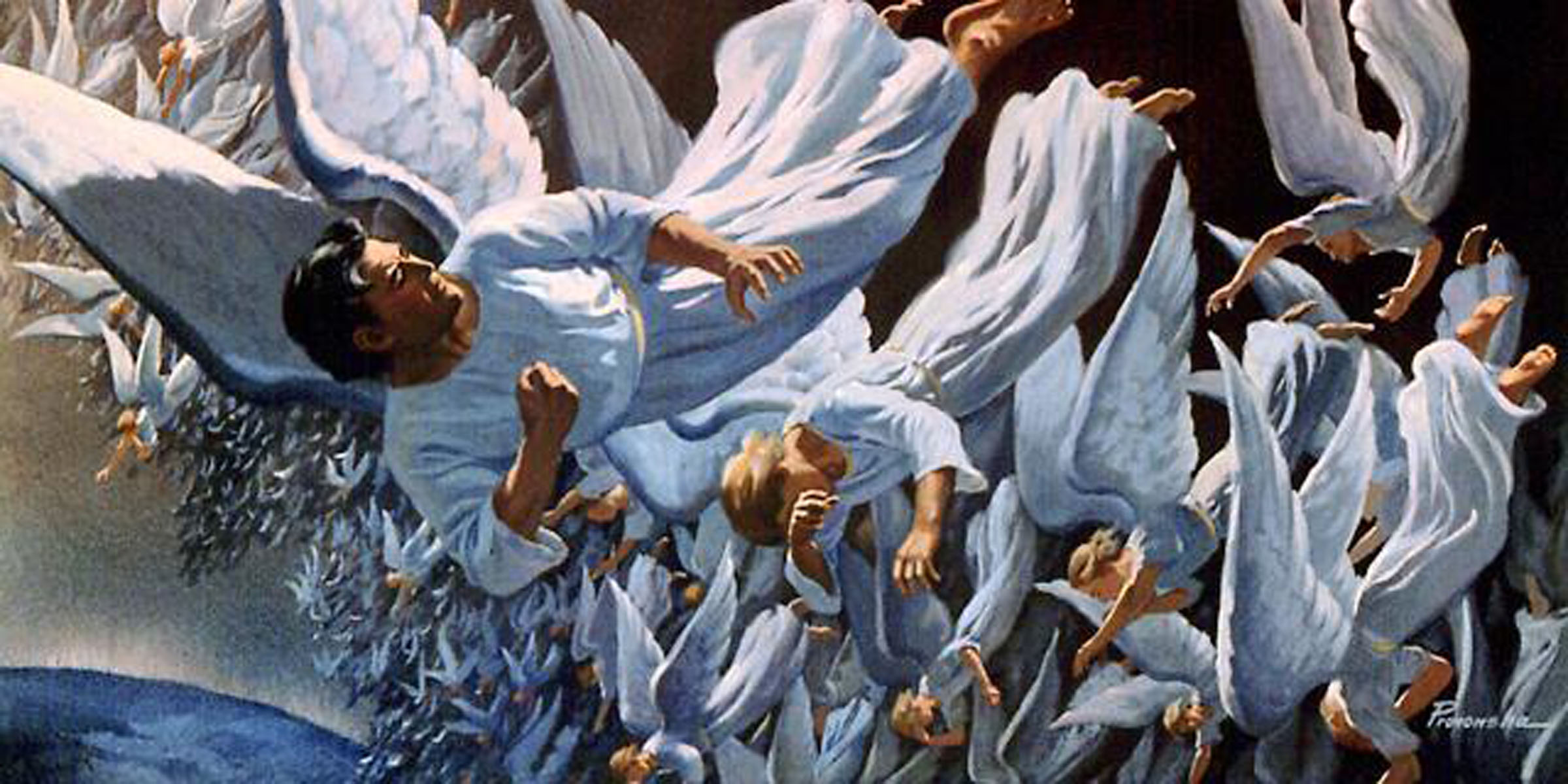Magic in Fantasy Fiction: Powers of God and powers of the Devil
There are many ways that various writers have dealt with the subject of magic in their stories, but most pitch a “good” wizard or witch against an “evil” wizard or witch.
What is acceptable when creating a fantasy story from a Christian worldview? We know that God condemned wizards, witches, sorcerers, mediums, and the like. Some Christians are apt to ignore or else deny that the Devil has real power in the world. He, like God, can perform signs and wonders, but just because there is power in such things does not mean that they are right.
We read of magic in fantasy stories and, interestingly, throughout Biblical history we have stories of what we can term “magic.” Moses’s shepherd staff was empowered by God. At will he or Aaron could throw it on the ground and it would transform into a snake. He stretched it over the Red Sea and the water dramatically divided, leaving a dry path for the Israelites to pass over. Angels of God were seen with flaming swords and chariots of fire and other spirit beings manifested themselves. Even after Biblical history signs and wonders of God continued. In Eusebius’s History of the Church he details a war in the heavens above Jerusalem, and other wonders.
The Devil is a chief imitator. It gives him great pleasure to copycat God’s marvels. God sometimes allows it and certainly he allows it in the devil’s followers.
Magic, if we are using it to refer to all of these things, can be good or bad. In writing fantasy we need to be intentional when dealing with magic. If we are intentional then people can analyze and determine what is proper and good, and what is demonic and wrong.
It is important to remind readers that just because something is unexplainable, miraculous, or extraordinary does not mean that it comes from God. Be sure which Master the “magic” serves.
Question: How does your worldview affect the use of magic in a story?
